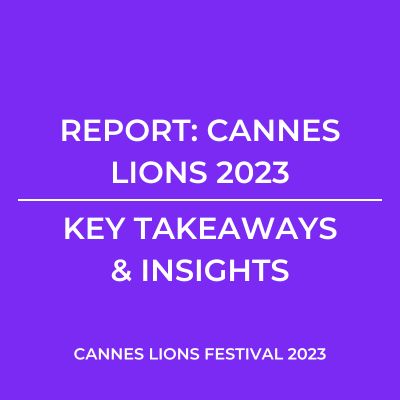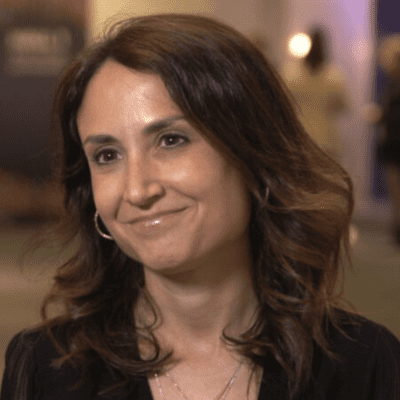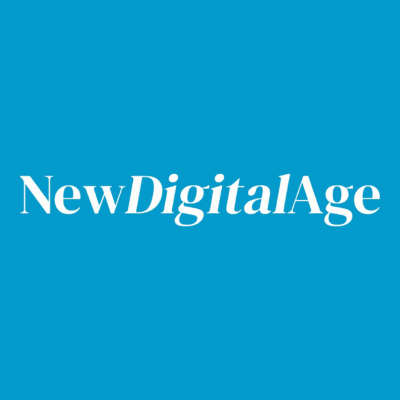Fraser Donaldson, head of marketing science and technology at PHD Global Business, talks third-party cookies, measurement and targeting, and why publishers could be the big winners in a post-cookies world.
It’s more important than ever for publishers to take control of monetising their inventory. By the end of 2021, Google’s Chrome browser – the lifeblood of targeting, representing 60% of web browser traffic – will no longer support third-party cookies.
From June to July 2020, Digiday surveyed their audience to uncover the sentiment and strategies for life beyond third-party cookies. This State of Publishing industry report combines their findings with expert interviews from the buy- and sell-side, including PHD’s Fraser Donaldson.
When asked for his perspective on diminishing third-party cookies, Donaldson commented: “The destruction of the hapless third-party cookie should be seen in the right context; the cookie is just a construct for data connectivity between partners. It’s the method of transfer not what is being transferred, so while there will be seismic changes in the way we operate, the fundamentals of data-driven marketing will remain consistent.
“First-party data will remain critical, direct relationships with customers and consumers will be even more valuable than ever before, meaning publishers could be the big winners as the data focus shifts to their data sets. As with all changes, whoever adapts best to this ever-changing landscape will benefit the most.”
For more from Donaldson, along with Digiday’s full report into going cookie-less; how the pandemic has impacted plans for post-cookie monetisation; and opportunities and challenges for publishers, first-party data and authenticated audiences, click here.
Fraser Donaldson, Head of Marketing Science & Technology for PHD Global Business




